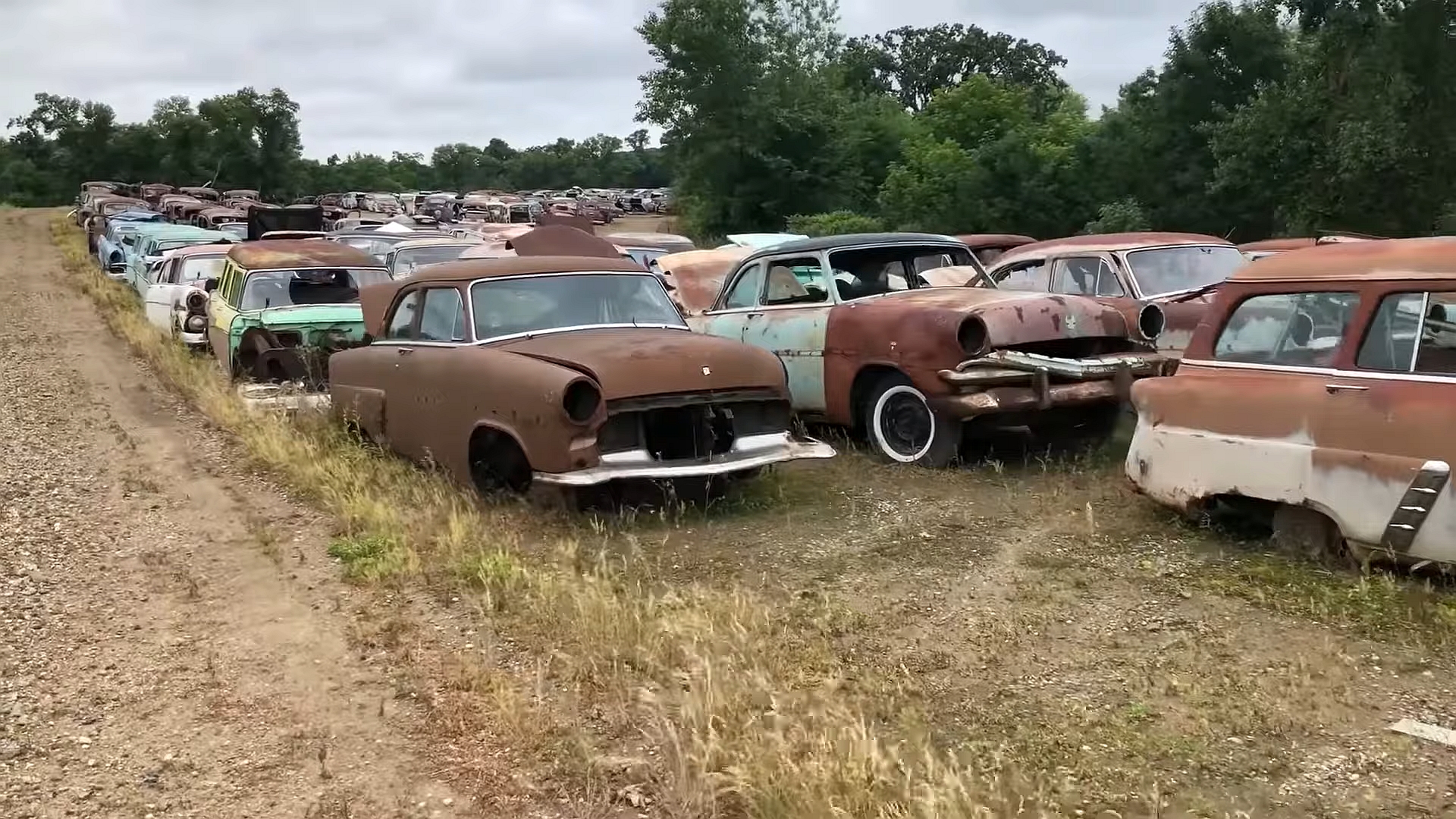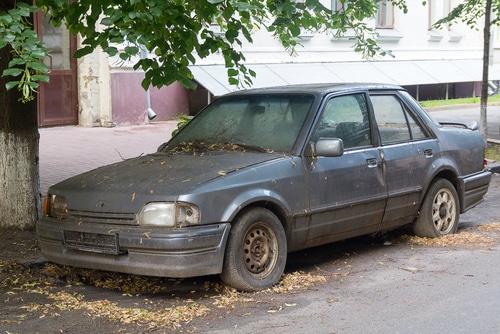The Ecological and economic Advantages of Reusing Junk Cars And Trucks
Recycling scrap automobiles offers countless economic and environmental benefits that expand well beyond waste reduction. By reclaiming as much as 90% of car components, this method considerably minimizes landfill problem while maintaining vital natural resources. It reduces down on energy usage and greenhouse gas emissions linked to raw material extraction and manufacturing. The procedure additionally creates employment possibility across different fields, from taking down to logistics, and offers consumers with cost-effective automobile parts. These advantages emphasize the complex worth of reusing scrap vehicles, yet there are further elements to take into consideration when reviewing its full effect.
Reducing Land Fill Waste
Minimizing landfill waste with the recycling of junk automobiles plays a crucial duty in ecological preservation. When autos get to the end of their life process, effective reusing processes can dramatically reduce the quantity of waste that ends up in landfills. Scrap vehicles, if not effectively recycled, add to the expanding trouble of landfill overcapacity, aggravating environmental degradation and potentially infecting dirt and groundwater with hazardous compounds such as oil, gas, and heavy steels.

Furthermore, the reusing procedure alleviates the adverse results of vehicle waste on biodiversity. Garbage dumps are well-known for interfering with local ecological communities, and reducing the influx of junk cars helps protect all-natural habitats. Ultimately, recycling junk cars is a critical method that promotes lasting waste monitoring, lining up with broader ecological goals.
Conserving Natural Resources
In addition to mitigating land fill overcapacity, recycling junk automobiles plays a considerable role in saving natural resources. By reusing scrap cars and trucks, we dramatically decrease the need for raw products, thereby curbing the ecological destruction connected with mining activities.
Furthermore, the procedure of reusing cars and truck elements such as aluminum, copper, and lead is much much less energy-intensive than generating these materials from virgin resources. This power savings converts straight into lowered fossil gas consumption and reduced carbon impacts (we buy junk cars Denver). Furthermore, by redeeming and repurposing materials, we prolong the lifecycle of non-renewable resources, guaranteeing they continue to be available for future use
Furthermore, reusing automotive liquids like transmission, oil, and antifreeze liquid stops harmful substances from contaminating soil and water sources. Via organized reusing efforts, these fluids can be cleansed and reused, promoting a circular economy and further lessening the stress on natural sources. Thus, recycling scrap autos uses a multifaceted approach to preserving our earth's vital natural assets.
Developing Job Opportunities
The recycling of junk autos not just benefits the environment but additionally boosts financial development by producing work possibilities. This burgeoning sector offers a wide variety of employment potential customers, ranging from the initial collection and transport of old lorries to the elaborate processes of taking apart, sorting, and repurposing the numerous elements.

The spreading of reusing plants better magnifies the work market, demanding functions such as designers, equipment drivers, and quality assurance experts to guarantee and manage the sophisticated machinery compliance with environmental laws. Even administrative placements, such as sales, marketing, and customer care, see a surge as the industry increases.
Reducing Production Costs
By incorporating recycled products from junk autos, makers can significantly decrease manufacturing prices. The power required to refine recycled products is considerably less than that required to generate brand-new products from scrape.
Moreover, the recycling procedure aids simplify the supply chain by providing a steady influx of products that are easily available and usually cheaper than recently mined sources. These price efficiencies are specifically vital in a highly affordable sector like automobile manufacturing, where margins can be razor-thin. Furthermore, the recycling of scrap cars and trucks helps alleviate the volatile pricing of basic materials, allowing producers to much better forecast and control their production budget plans.
Giving Cost Effective Car Components
When junk cars are recycled, the schedule of economical vehicle parts significantly raises, profiting both consumers and service center. Recycled automobile components are frequently cost a portion of the cost of repairs, providing an affordable option for vehicle owners and technicians. This affordability can be crucial for individuals who may not have the economic ways to acquire new elements, enabling them to maintain their cars in safe and operational problem.
Service centers likewise acquire from this enhanced junk car prices near me availability of economical components. By sourcing recycled parts, these services can reduce their operational prices, which can be handed down to clients via lower service fees. This, subsequently, can cause greater consumer fulfillment and loyalty, as customers value the price savings without jeopardizing on quality.
Additionally, the quality of recycled parts has boosted substantially over the years, thanks to developments in reusing processes and high quality control measures. Several recycled parts undergo rigorous screening to ensure they satisfy industry standards, offering integrity equivalent to repairs - Website sell my junk car denver. By giving a economically viable and high-grade option, the recycling of scrap autos plays an essential duty in sustaining both the vehicle fixing market and the wider consumer market
Final Thought
Reusing scrap autos offers substantial financial and environmental advantages by dramatically decreasing land fill waste and conserving all-natural sources. In general, the recycling of scrap autos sustains both financial growth and sustainability objectives.
Recycling junk cars and trucks presents numerous economic and environmental benefits that prolong well past waste reduction. Scrap cars and trucks, if not properly reused, contribute to the expanding trouble of land fill overcapacity, intensifying ecological deterioration and potentially polluting dirt and groundwater with harmful substances such as oil, gas, and heavy steels.
By reusing junk cars, we significantly lower the demand for raw products, therefore suppressing the ecological deterioration linked with mining tasks.When scrap cars are recycled, the accessibility of budget friendly auto components dramatically increases, profiting both consumers and fixing shops.Reusing scrap autos presents considerable financial and ecological benefits by dramatically decreasing land fill waste and preserving all-natural resources.